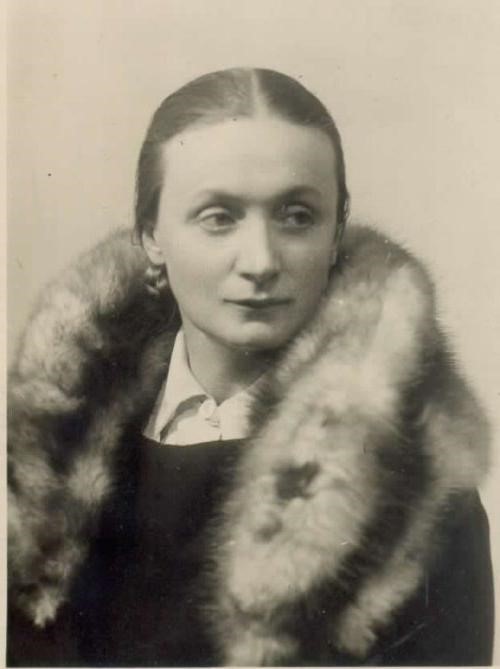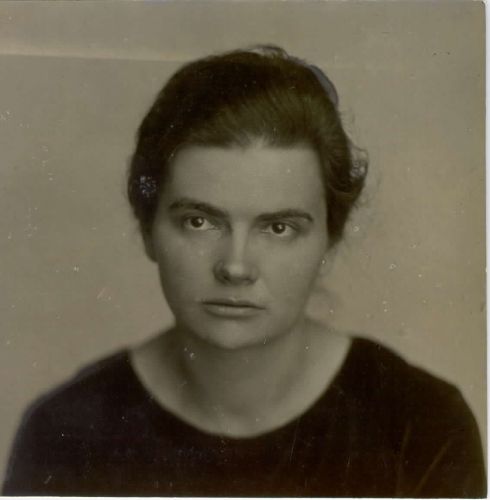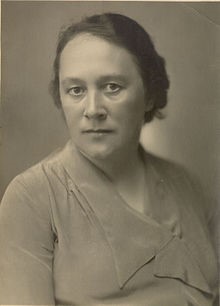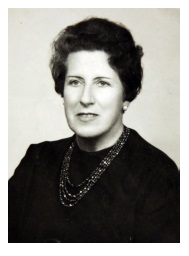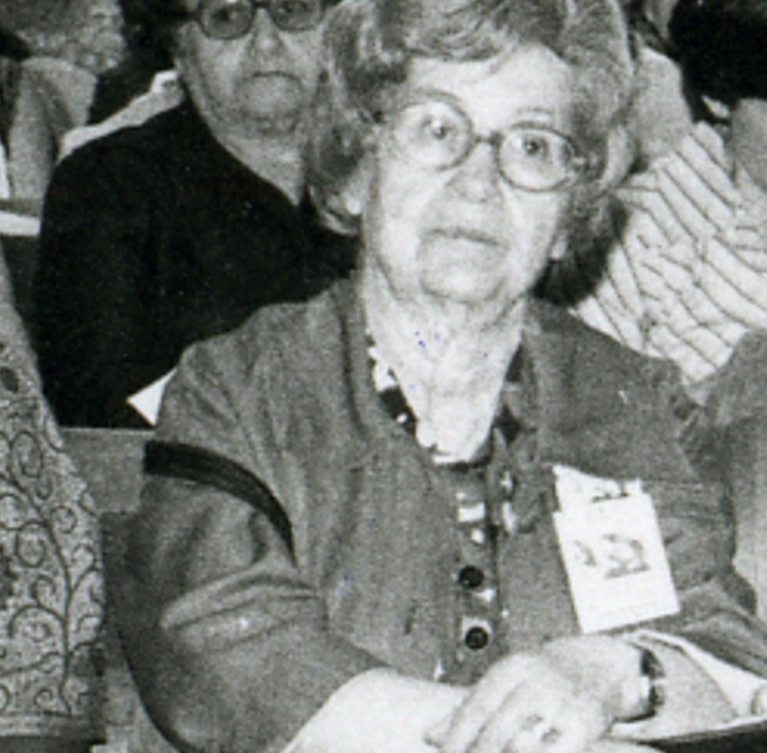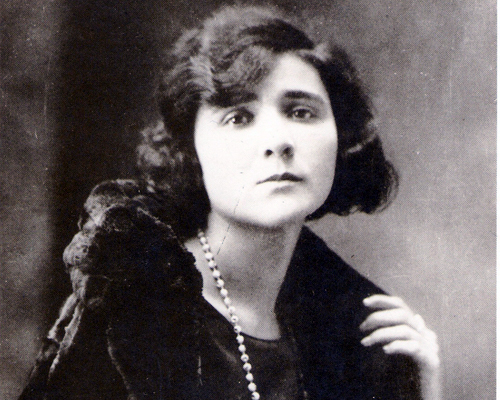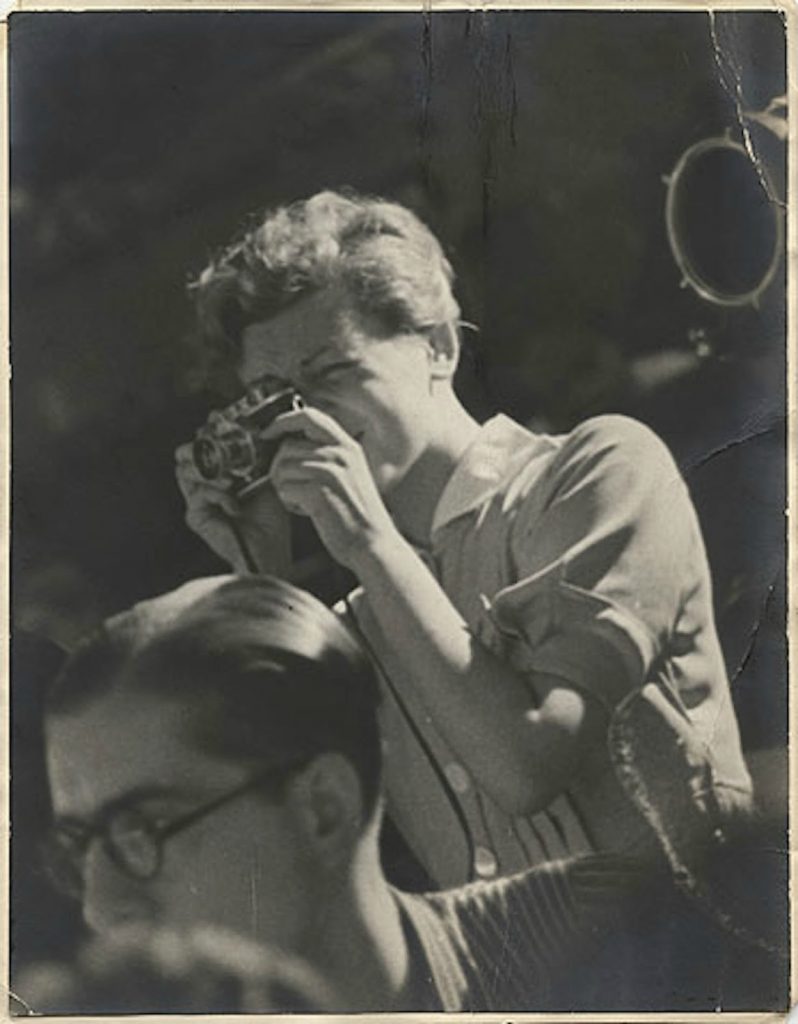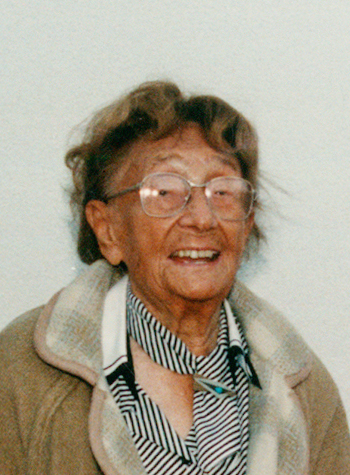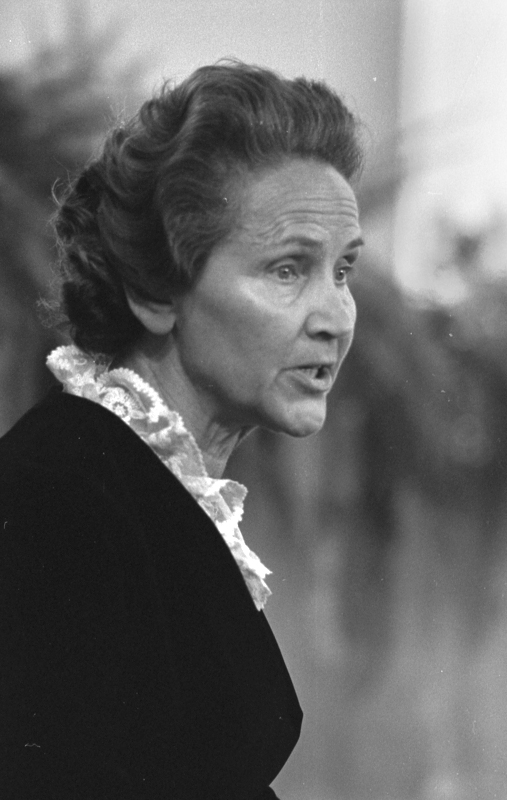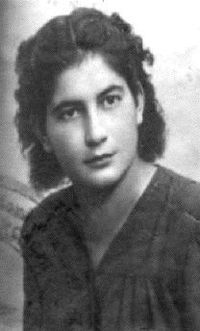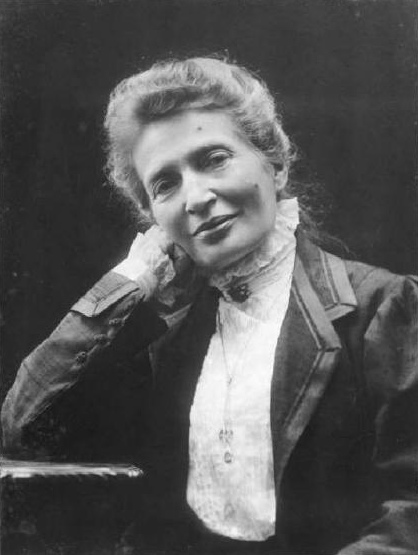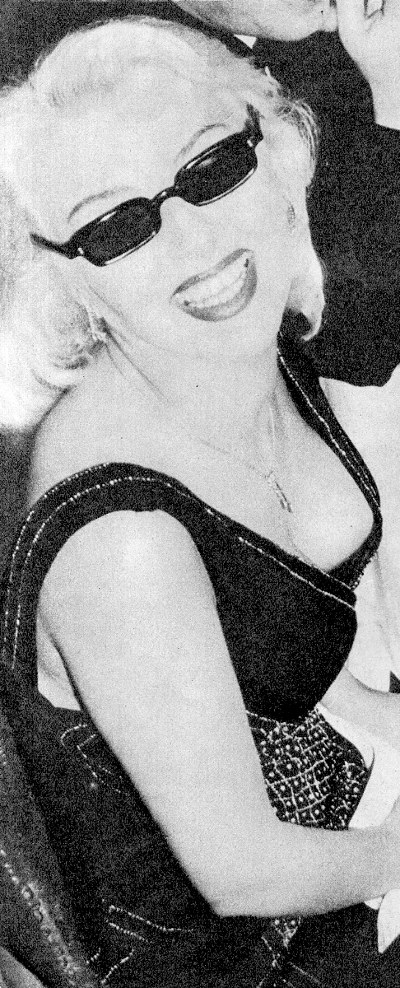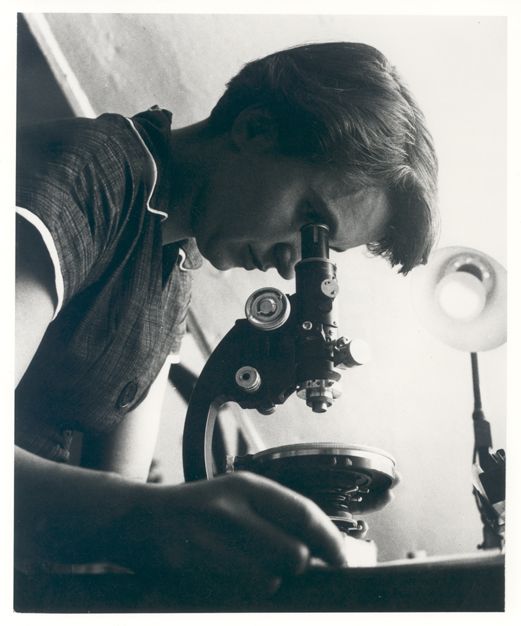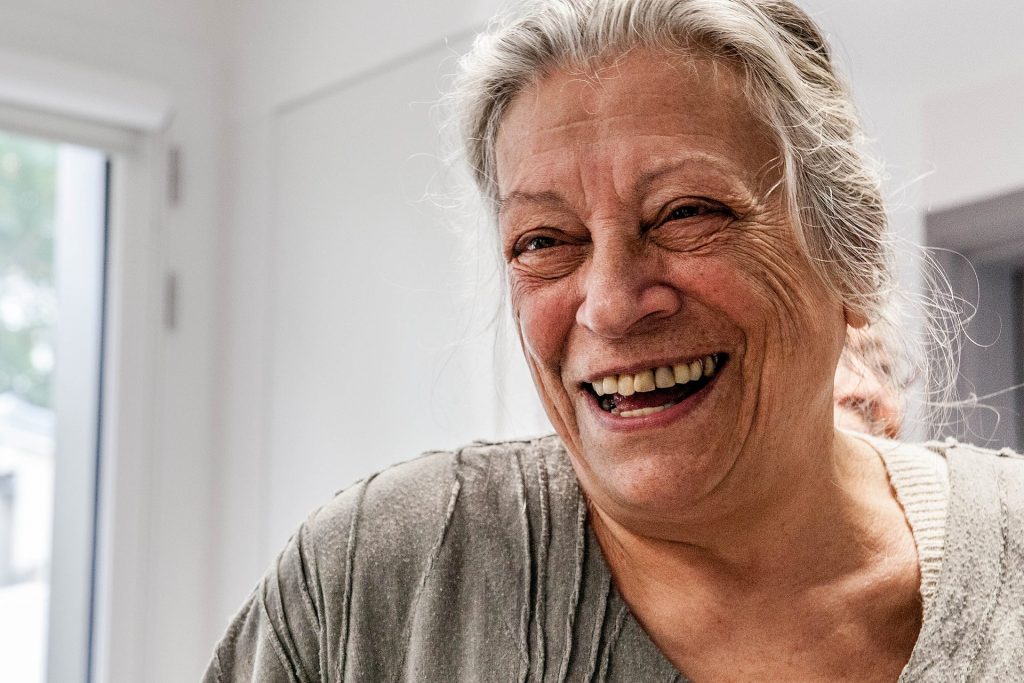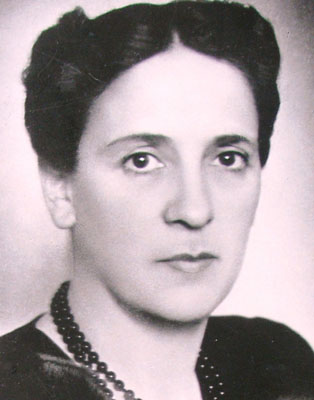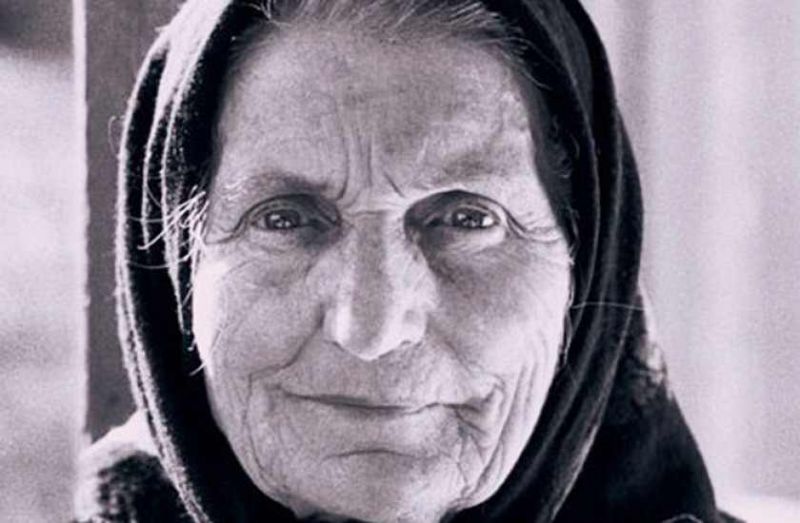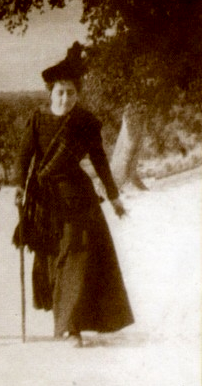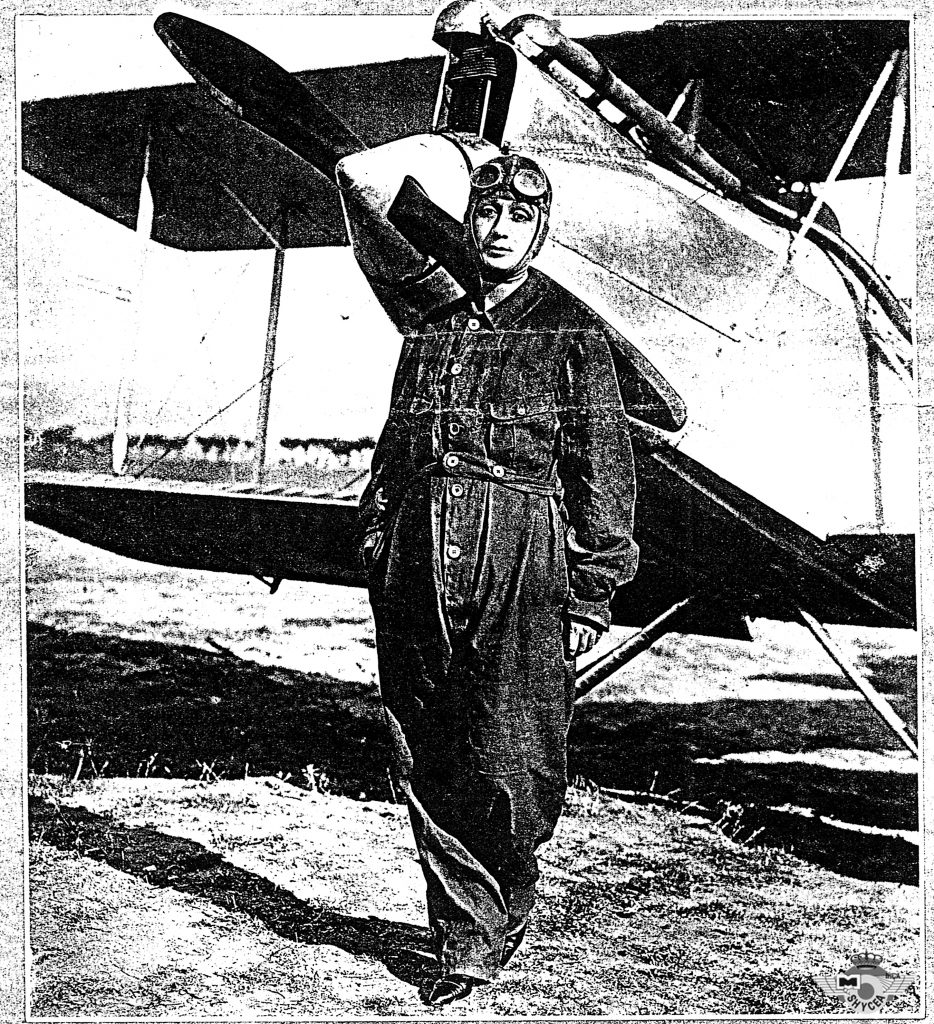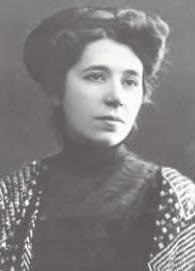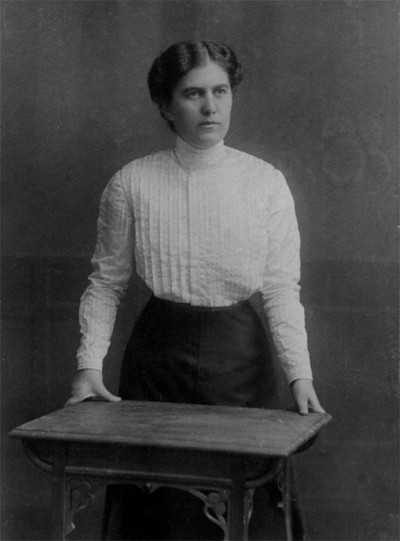
Dimitrana Ivanova, maiden name Petrova, was the daughter of a craftsman and trader and of a priest’s daughter. She was born in Rousse, a big city in Bulgaria at the time, and she graduated the high school for girls there. She married Doncho Ivanov in 1914, thus becoming Dimitrana Ivanova.
Because at the time the high school for girls had one grade less than the boys, this would serve as a pretext to deny women access to higher education at the Bulgarian University in Sofia, so Dimitrana had no other choice but to enroll in a foreign university, Zurich University in Switzerland, where she took pedagogy and philosophy classes. Due to several family tragedies and her family’s bankruptcy, she had to return home before her final exam and could not get back to take it, so she did not graduate. She was forced to seek employment and she became a teacher, passing all the legally required exams to become one. As a teacher, Dimitrana’s career was often affected by several discriminatory laws (married women were not allowed to work; later they were permitted to work after getting married, but they had to accept a reduced salary; female teachers had to retire by the age of 40 and the number of female teachers in a certain district could not exceed the number of male teachers). As a result, she got involved in protests against women’s discrimination on behalf of the Women’s Union. She also started contributing to newspapers and engaging in several cultural public activities, supporting the ideas of gender equality and women’s right to vote. She was often criticized, laughed at, bullied for her convictions and actions, but she never backed down.
In 1921 she placed a request to enroll in the Law Faculty at Sofia University, but she was rejected on discriminatory grounds and without recognition of her studies abroad or the competencies she had proved as a teacher by taking numerous exams. After pleading her case at the Ministry of Education and then in the Administrative Court, she finally obtained the right to enroll at the University under the condition of retaking the high school final exams. Despite this attempt to humiliate her, she took the exam at the same high school she had been teaching for more than a decade and finally went to university. She graduated the Sofia University in 1927, becoming even more determined to fight against discrimination and injustice. She became the chairwoman of the Women’s Union in 1926, keeping the position for 18 years and fighting for women’s rights to an education, to work, and to vote.
In the years after 1944, Dimitrana Ivanova suffered wrong-doings again, this time by the hand of the communist regime, being imprisoned under unproven accusations and without trial, disbarred from the practice of law, stripped of her journalist license, so her public career ended, but she never stopped sending letters and did whatever she could to defend herself and the rights of women.
Dimitrana Ivanova’s life story is proof that the gender equality we have reached in Europe today would never have been possible without the efforts of brave and relentless women from everywhere.

